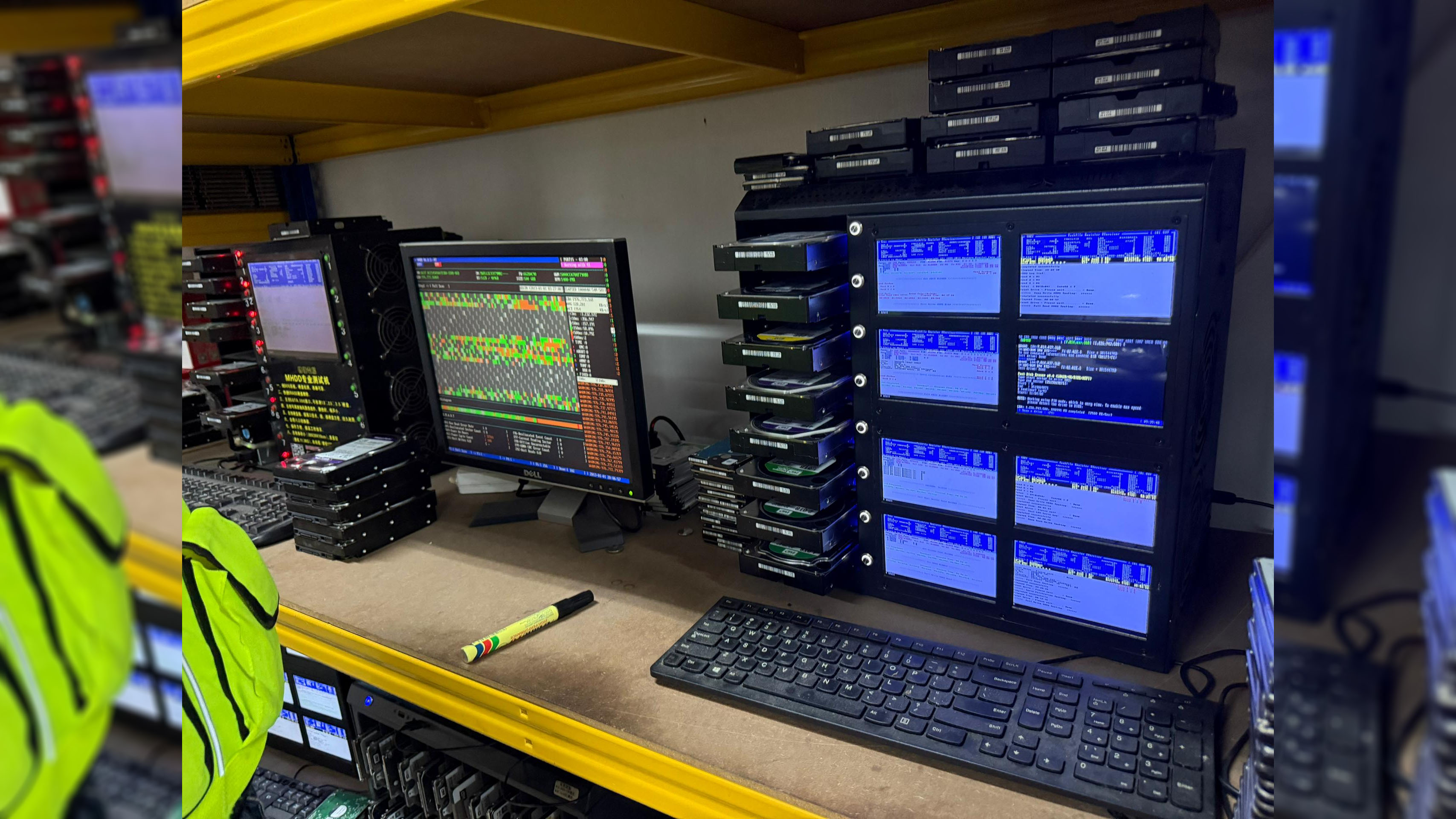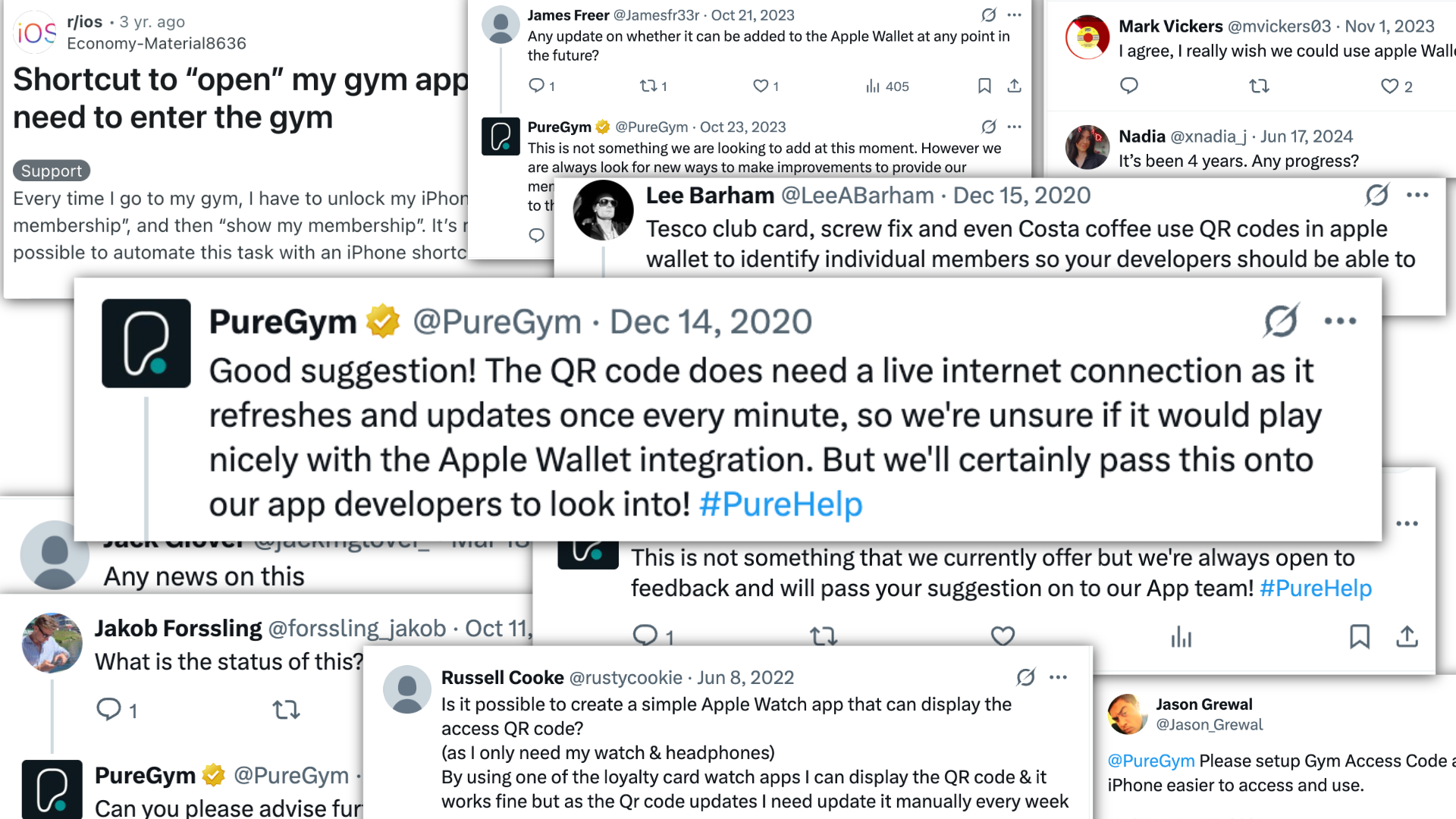Supreme Court Rules Broadband Isn't Telecom; Net Neutrality Fight Continues

A 2024 Supreme Court ruling empowered courts to block agency interpretations of federal statutes, overturning a 2016 FCC decision under the Obama administration. The court decided broadband is classified as an "information service." Groups like Free Press are foregoing an appeal, focusing instead on Congress, state legislatures, and other courts to fight for internet affordability and openness. While the 6th Circuit's decision was flawed, alternative approaches are deemed more effective. Net neutrality could still reach the Supreme Court through other cases, and California's net neutrality law remains in effect.
Read more












